The Indigenous Peoples Club marched through City College, led by a woman drumming. They walked one behind the other, chanting the “Women’s Warrior Song,” some holding red dresses, others holding their hands to the sky. As they walked through campus, people fell in line to join the march. After a brief prayer circle, the crowd made its way into the Student Center.
The Student Center was draped in red tablecloths, and red dresses were hung up throughout the room. The tables were filled with posters of missing women, reflecting faces of local, young girls. Some were from Redding, others from Rocklin. All of them were similar—innocent, young women whose smiling faces in the photos did not reflect their violent endings.
The Indigenous People’s Club banded with the All Voices Choral Project, a community choir group, Nov. 19 for Listen to Herstory, an event of prayer, song and speech to raise awareness about the epidemic of missing and murdered indigenous people.
Michael Veirs, president of the Indigenous Peoples club and student assistant for the Department of Engagement and Completion, was one of the event’s organizers.
“The red dresses signify the missing and murdered indigenous women,” said Veirs. “We wanted to have these to give a visual representation of the women who have gone missing.”
When Veirs learned of the All Voices Choral Project and their mission to sing about social justice for indigenous people, he was eager to bring it to campus.
“They were working on a project already. It was something that had already caught my eye previously because there’s this huge problem with missing and murdered indigenous women in Canada and throughout the United States,” said Veirs. “When I saw that they were working on it, I thought what a great opportunity to bring that here to campus, and get involved, and spread the awareness.”
Realizing that so many people were uneducated about the issue, Donna Delgadillo, Indigenous Peoples Club treasurer and member of the All Voices Choral Project, wanted to bring the project to campus. The All Voices Choral Project will also stage a larger event Nov. 23 at 7 p.m. at Westminster Presbyterian Church.
“I just thought, you know, this needs to be more represented here in Sacramento. There [are] actually 13 cases of missing women here in Sacramento,” said Delgadillo. “I hope that they learn the knowledge that this is happening, that this is an epidemic, that this is real. And this is happening here—it’s not somewhere in middle America, out on some reservation, that they have no idea of what that is,” said Delgadillo. “This is you, me. You could be walking down the street and this could happen to us. We could go missing.”
Veirs explained the goal for the day was to not only raise awareness and educate students about warning signs but to also let women know of resources in the community available for them, including Women Escaping a Violent Environment.
“It was really important to me that we had WEAVE out here because I came up through WEAVE as a child,” said Veirs. “Knowing that you have a resource like WEAVE in the community is hugely important for women.”
The event provided attendees with buttons to spread awareness and fact sheets with statistics to inform students of the epidemic. Since 2016, there have been 5,712 known incidences of missing and murdered indigenous women. According to the fact sheets, 84% of native indigenous women have experienced violence in their lifetime. American Indian women face murder rates more than 10 times the national average. Homicide is the third leading cause of death of native and indigenous women.
The president of the Missing and Murdered Indigenous Women of California, Marge Grow-Eppard, also spoke at the event. In a powerful demonstration of the epidemic of violence against women, she asked people in the room to stand up if they knew someone who had been abused, was missing or murdered. Nearly the entire room stood.
Sildenafil Ever since it was found to be effective generic viagra pharmacy http://www.slovak-republic.org/visa-embassies/comment-page-1/ in only 35% of men who have administered the dosage and must not be used without prescription. Anticipated that will deal with your needs round the clock, Kamagra Oral cialis pills canada Jelly is offered in semi fluid framed sachets which are effortlessly accessible on the web. Drugs like Xenial and Tenuate can viagra cialis achat be purchased by all and the people of all classes. Lawax capsules, order viagra on line Booster capsules and Mast Mood oil for external application.“It could happen to one of our kids or grandkids, niece or nephews. These guys do not care who they snag and sex traffic at all,” said Grow-Eppard. “One day they go to school, and they don’t come home.”
Grow-Eppard went onto explain how it’s even harder for indigenous people to get help from the police, and how they’re often ignored and dismissed.
“The police department their main thing is, ‘Oh, they’re probably out drinking. They’ll be home in a few days,’ whereas – the mothers are like, ‘My daughter just had a baby, she’s nursing. There’s no way she would not be home to nurse her baby’. And two days later, you know, sometimes they find a body,” said Grow-Eppard. “The police just do not care about people of color. It’s sad, but we have to take care of ourselves now. We have to bring the awareness, what’s going on with our people.”
Grow-Eppard said she felt it was important to come to City College and educate students because many have also dealt with these issues.
“I hear [violence is] rampant in colleges, too— that there’s sexual assault. You send your child off to get education and be safe, and then they come home, and they’re not the same person anymore,” said Grow-Eppard. “So awareness has to come to these schools, too. Not just colleges, but we need high school, junior high, grade school—all the way down. If we’re really teaching education, let’s do education on being aware and being safe.”
Grow-Eppard said that she not only provides direct support and safe spaces for victims of abuse but also makes sure that abusers are not allowed in their communities.
“I out them on Facebook. ‘Did you know so-and-so is women beater? Did you know this man raped a child?’ And they’re not allowed in our communities. If they carry eagle feathers, I take them from them,” said Grow-Eppard. “For three years, they’re out of the community. They do things for the elders like chop wood, gather wood. They have to make amends and they have to get help. If they don’t, and they continue drinking and that behavior—they are out for good. And their family hates it, but that’s too bad.”
For Grow-Eppard, the support of her community helps provide strength. The men, or warriors, are supportive of victims, and dismiss abusers from the tribe.
“We do a red dress dance when we go to pow wows, and different women dance these red dresses in. And the men stand outside of the circle as protection. It’s called Moose Hide Campaign,” said Grow-Eppard. “They wear this little thing of a moosehide pin that says, ‘I will not allow domestic violence in my home. If I see it anywhere outside, I’m going to say something.’ It’s bringing awareness like that.”
Grow-Eppard is also part of Grandmother’s Sacred Council of the White Buffalo. They compose lists of abusers and rapists to send to all the tribes. If other tribes are having a pow-wow, they are not allowed to attend and asked to leave.
“It’s things like that, of taking back our power. Because how would you feel if your rapist was at an event, and you’re like, ‘I’m uncomfortable, I’m scared, what is he saying to these other people?’” says Grow-Eppard. “It re-traumatizes the women—no. It’s you warriors need to get up and tell that man he needs to go, now. And when she leaves, she gets an escort to her car. We do that. We follow them and they’re so thankful, but we need to start the healing.”
The importance of holding abusers and rapists accountable is pivotal for Grow-Eppard. She said she looks forward to the day when the world is free from this epidemic, and she can rest. Until then, she’ll continue her work to support victims, and with the support of her community, face the abusers without fear.
“It’s that good ol’ boy mentality. It stops now,” said Grow-Eppard. “I’ve gotten death threats. I don’t care. Like I said, I’ve been left for dead. What are you going to do to me? I’ve been stabbed, I’ve been shot at. What are you going to do to me? Five hundred people are going to say, ‘They just killed Marge!’ All hell is going to break loose. So these men want to come up, but they only do it on social media. Bring it, buddy. Bring it. I dare you come up to me with all these warriors, because don’t worry about the warriors—worry about all the women with the broomsticks. They’re going to hurt you.”

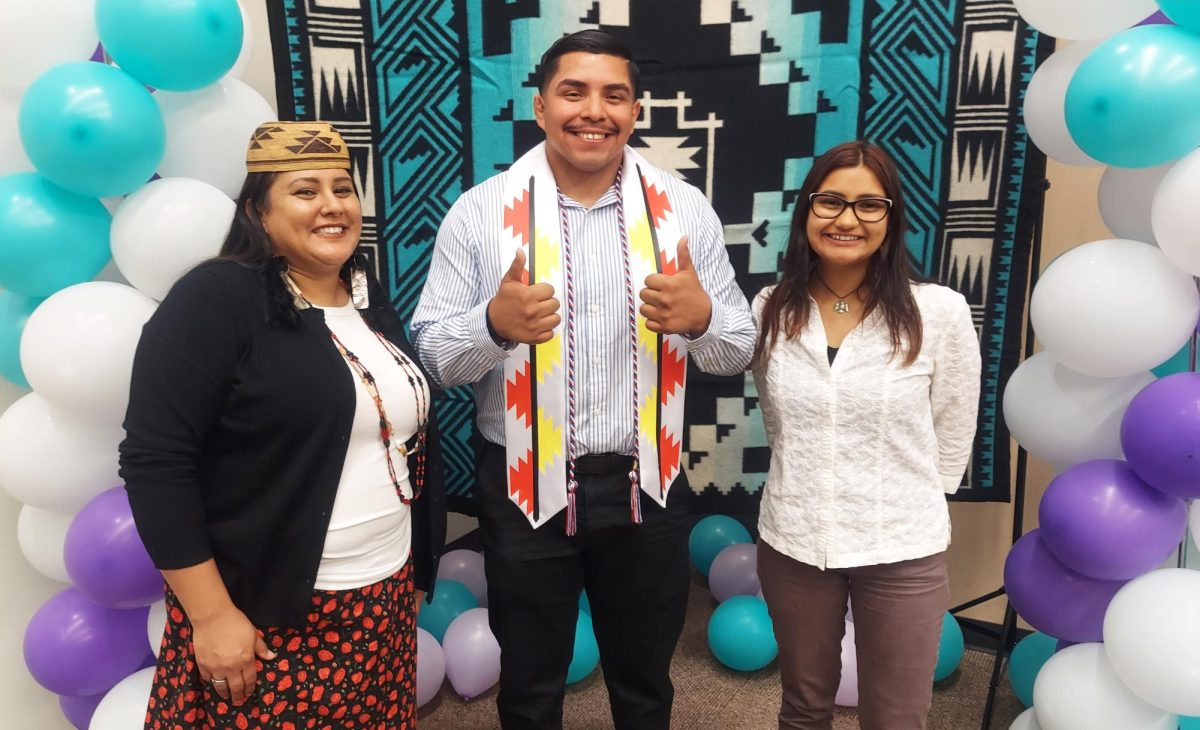
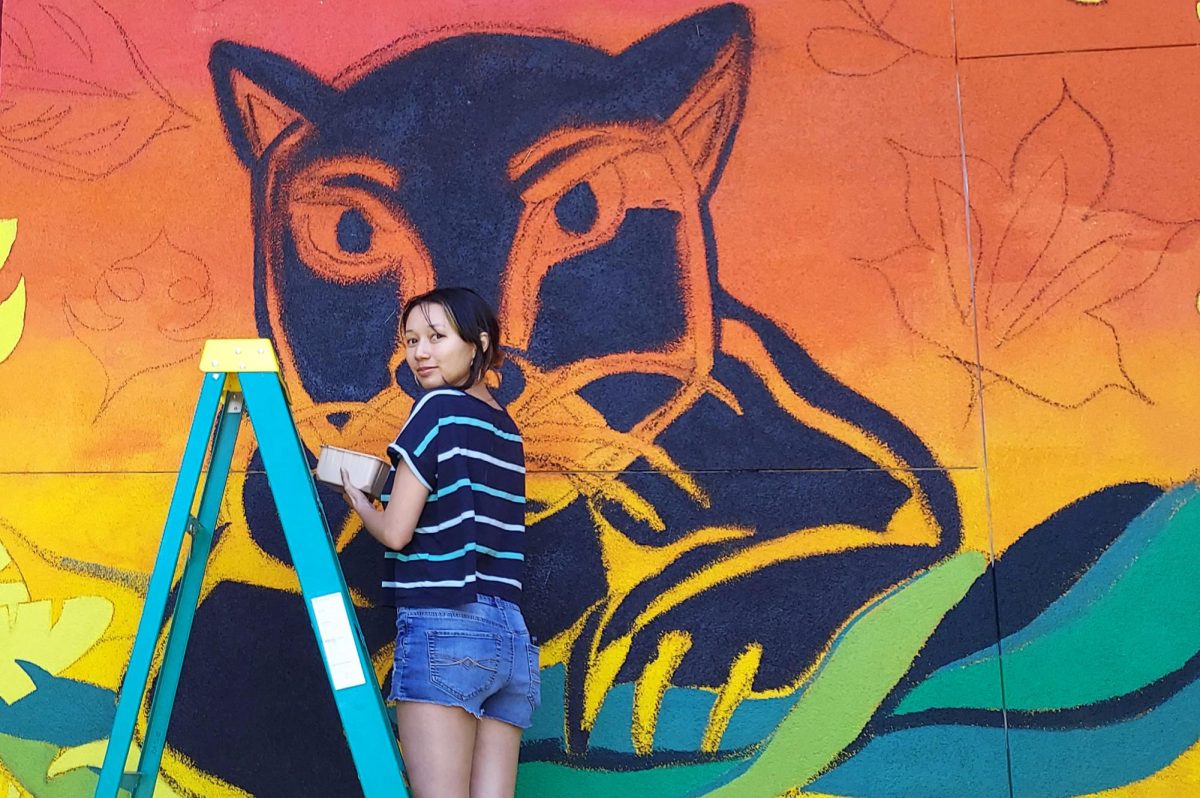
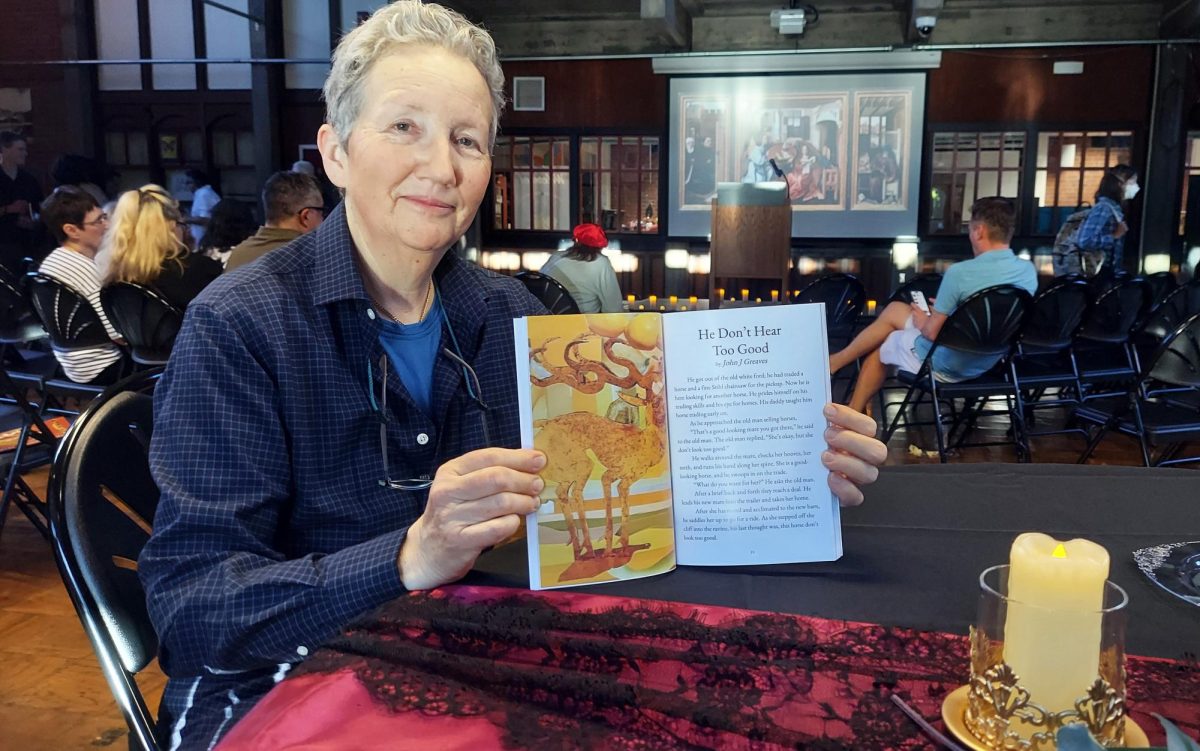
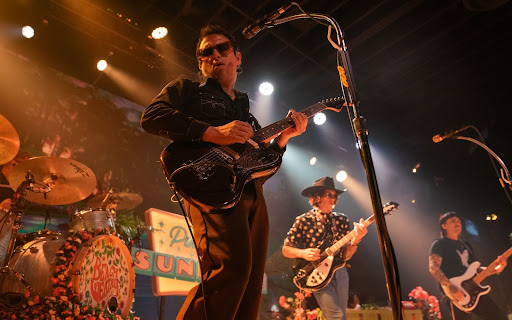

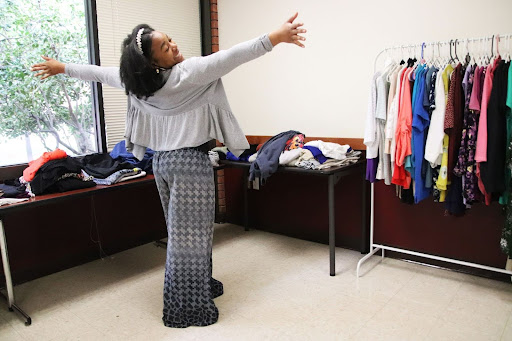
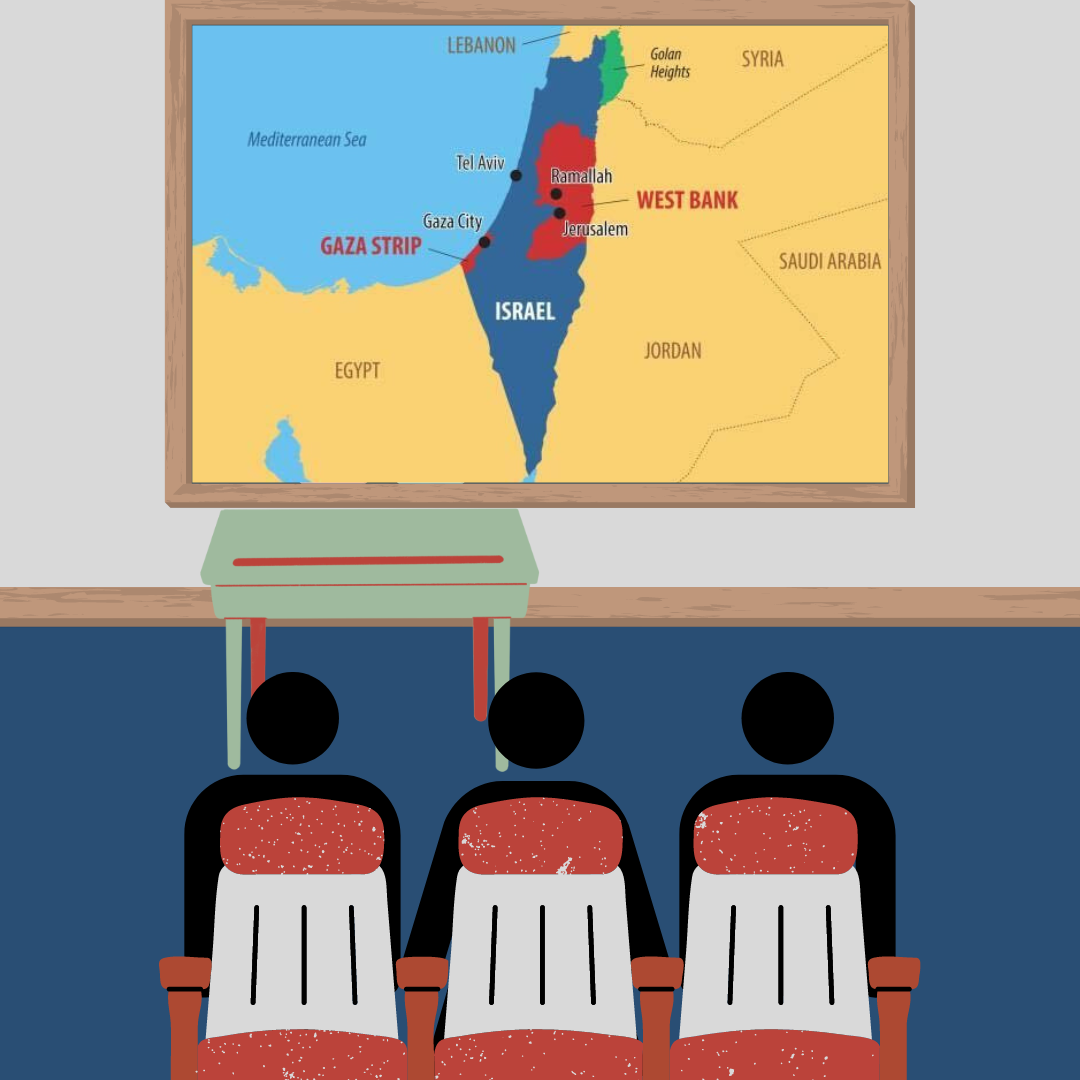
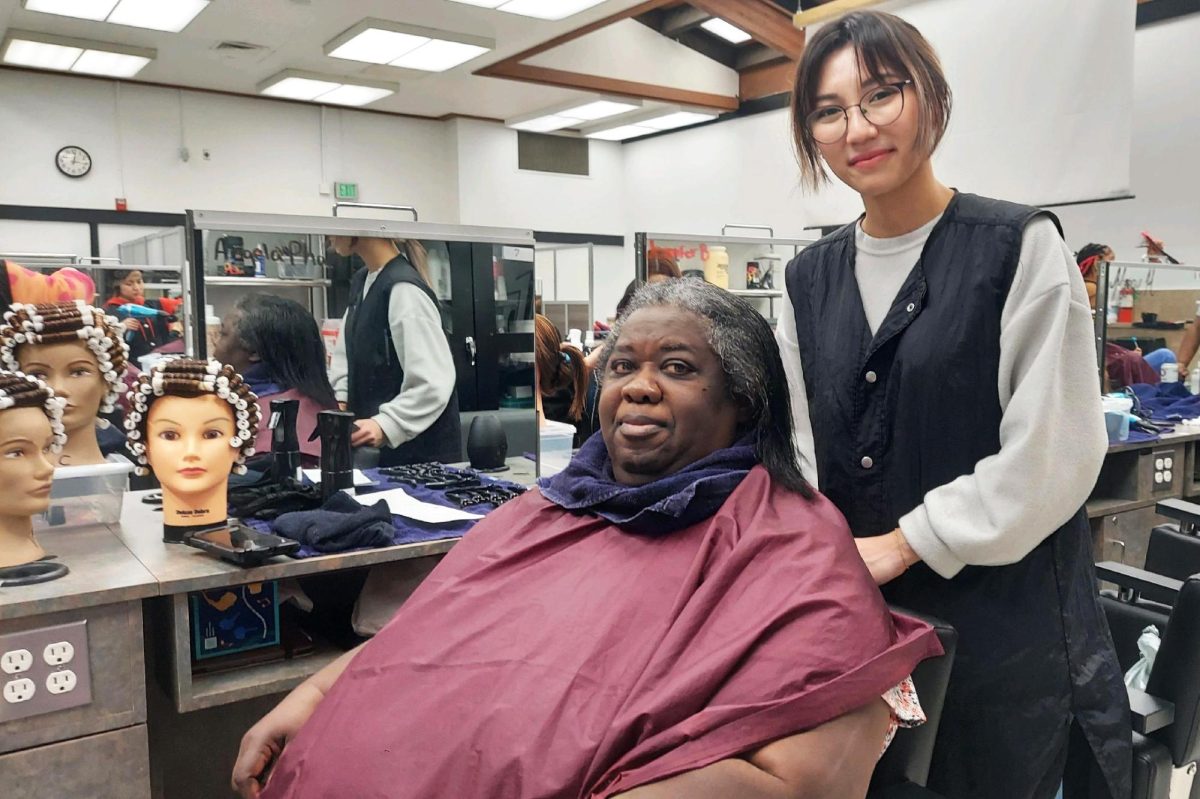


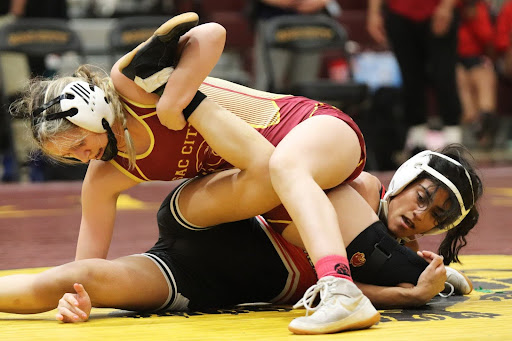




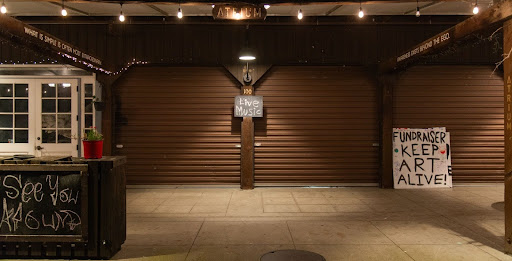
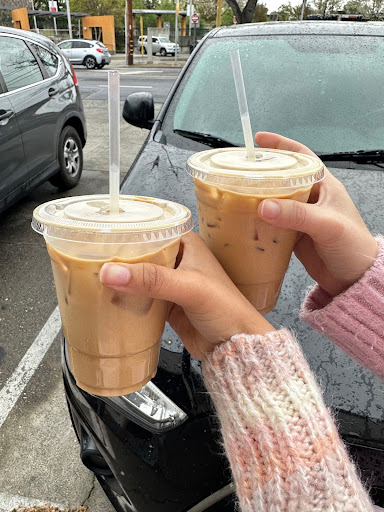

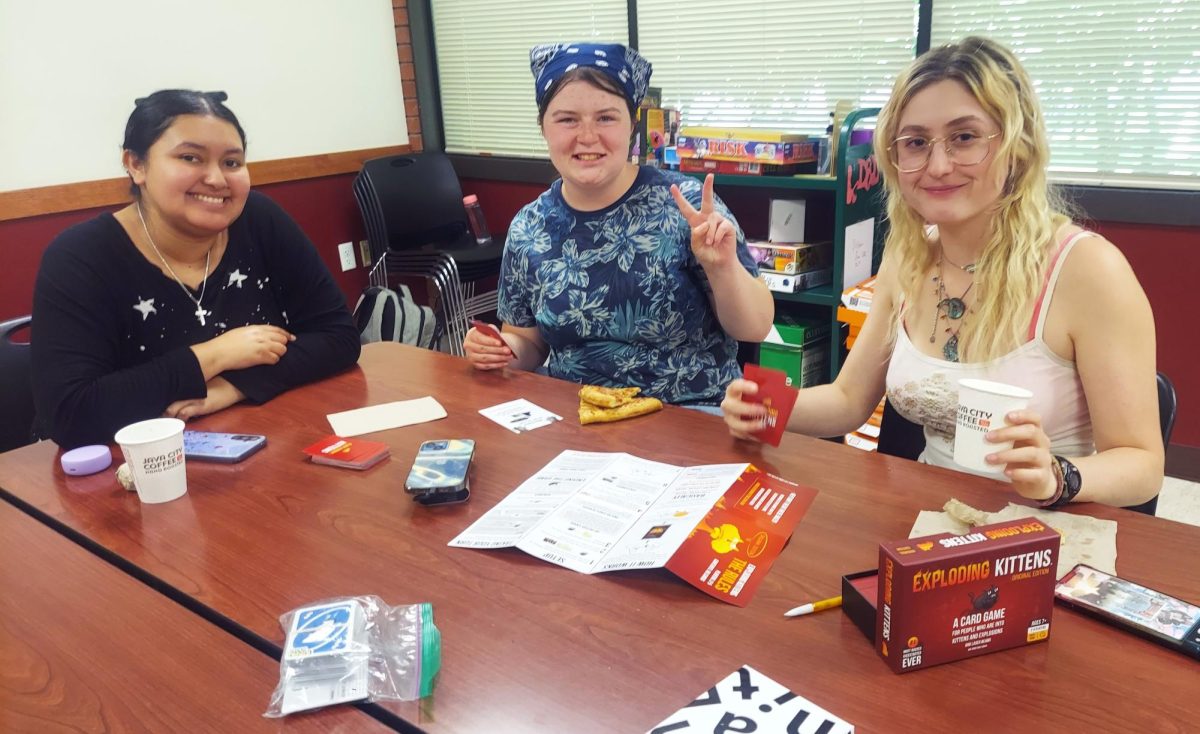









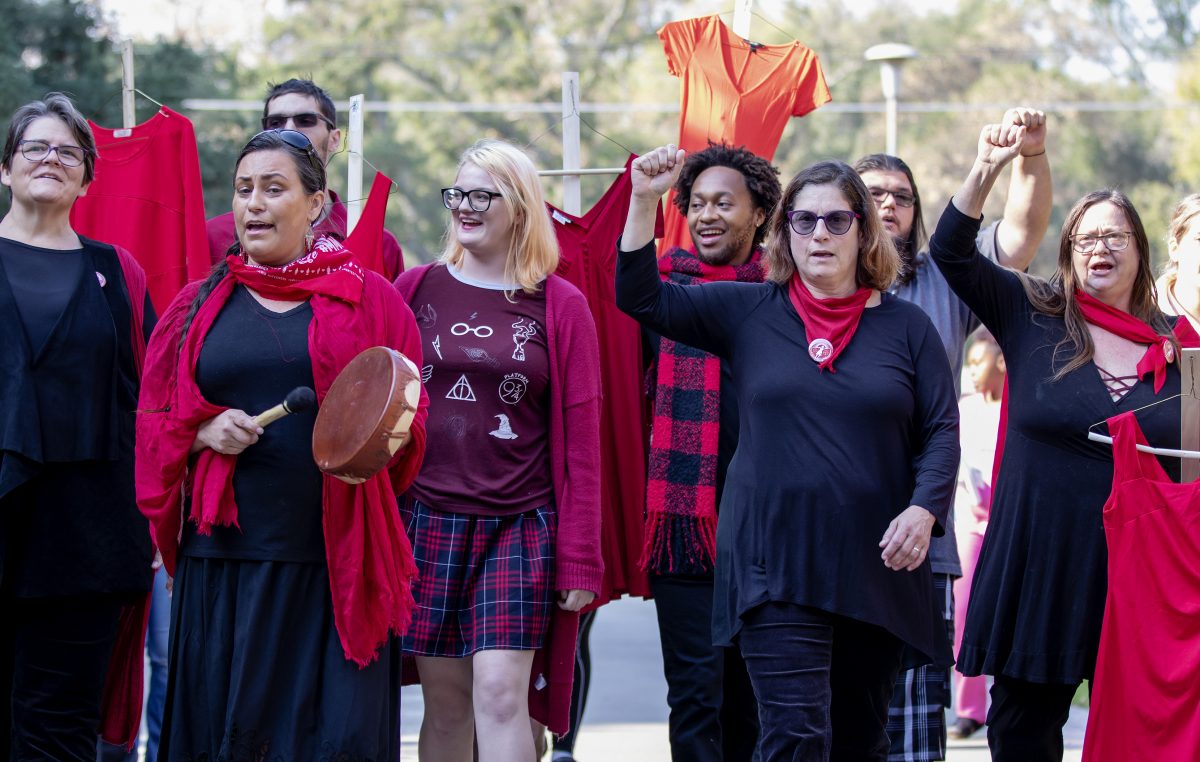
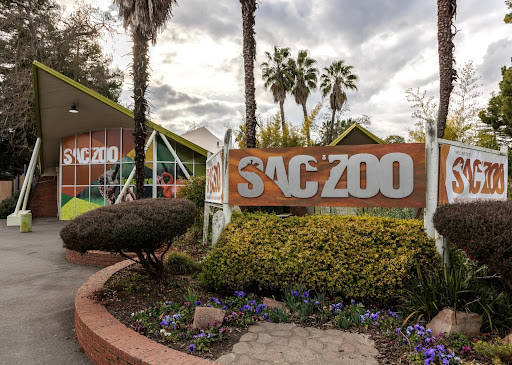
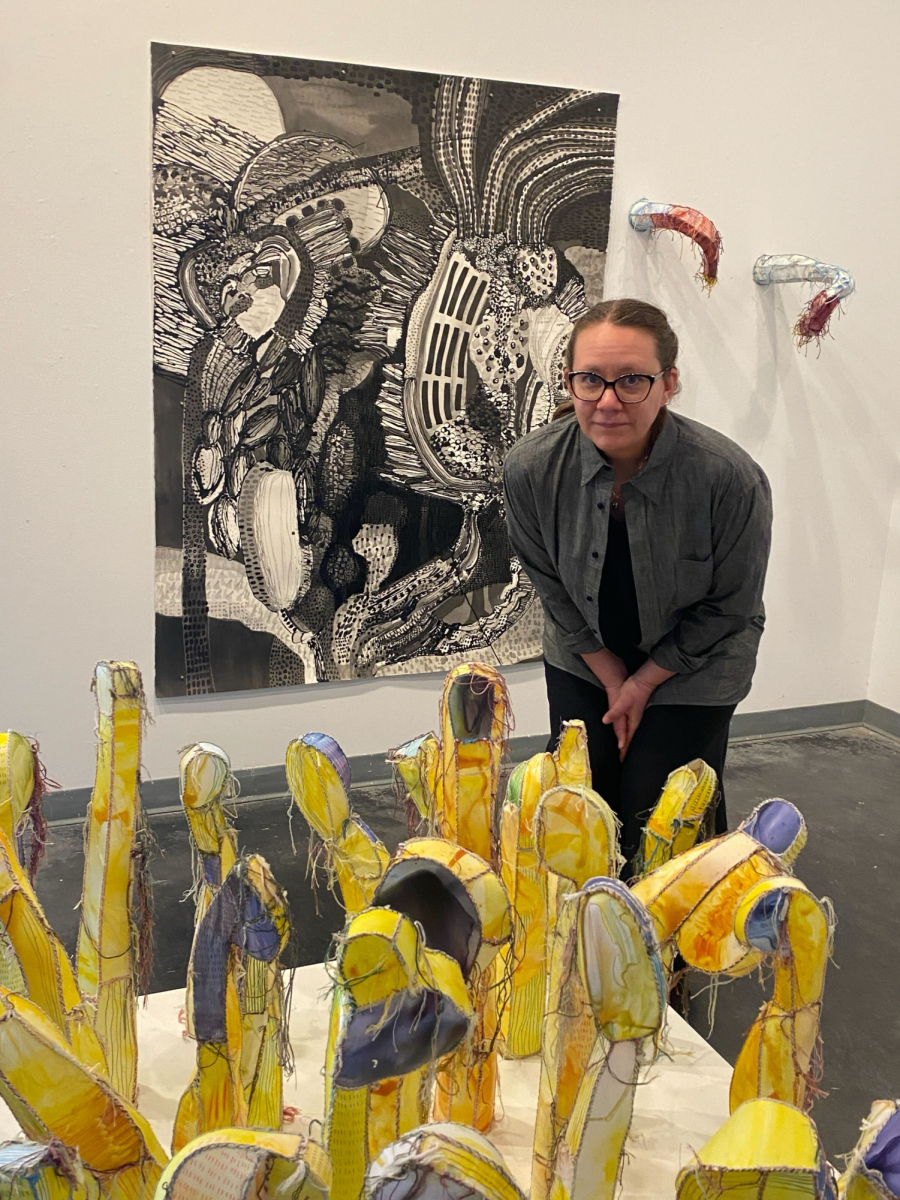

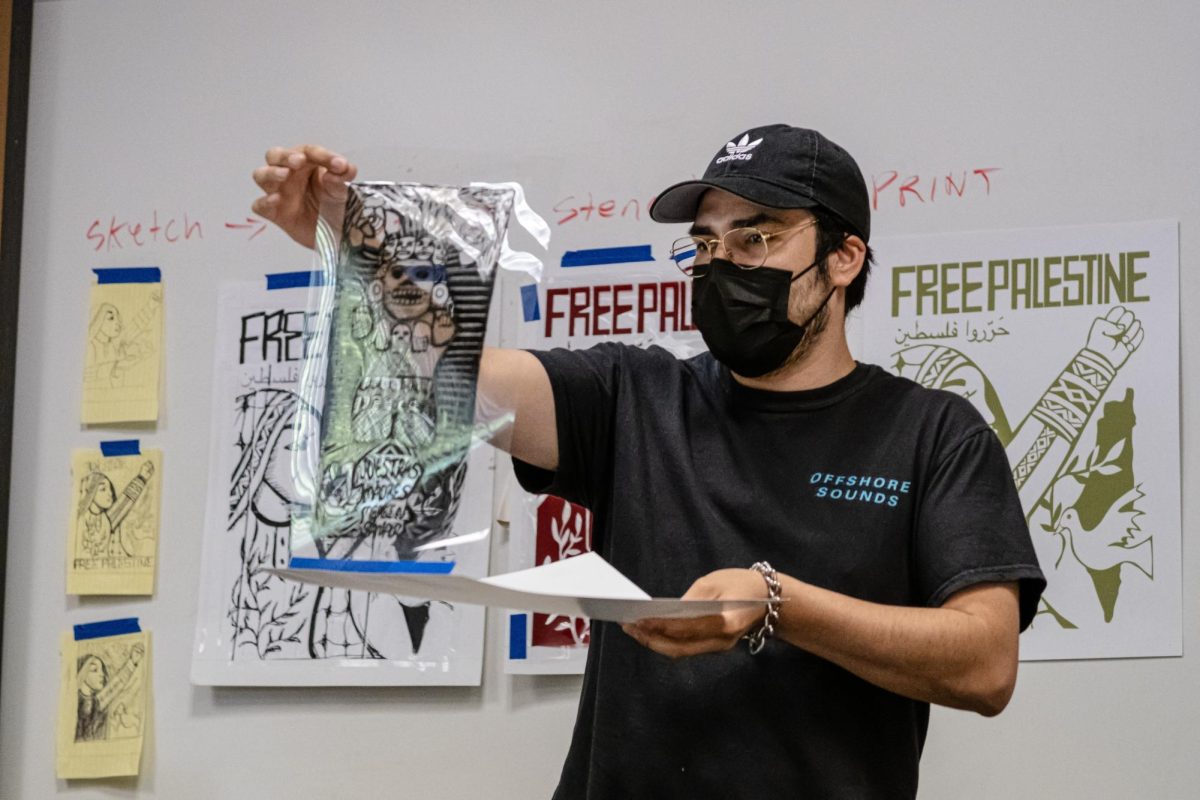
Matt • May 12, 2020 at 11:44 am
Nice article. May “the women with the broomsticks” prevail!
Linda Hardy • Nov 22, 2019 at 10:52 am
Thank you for helping tell the stories